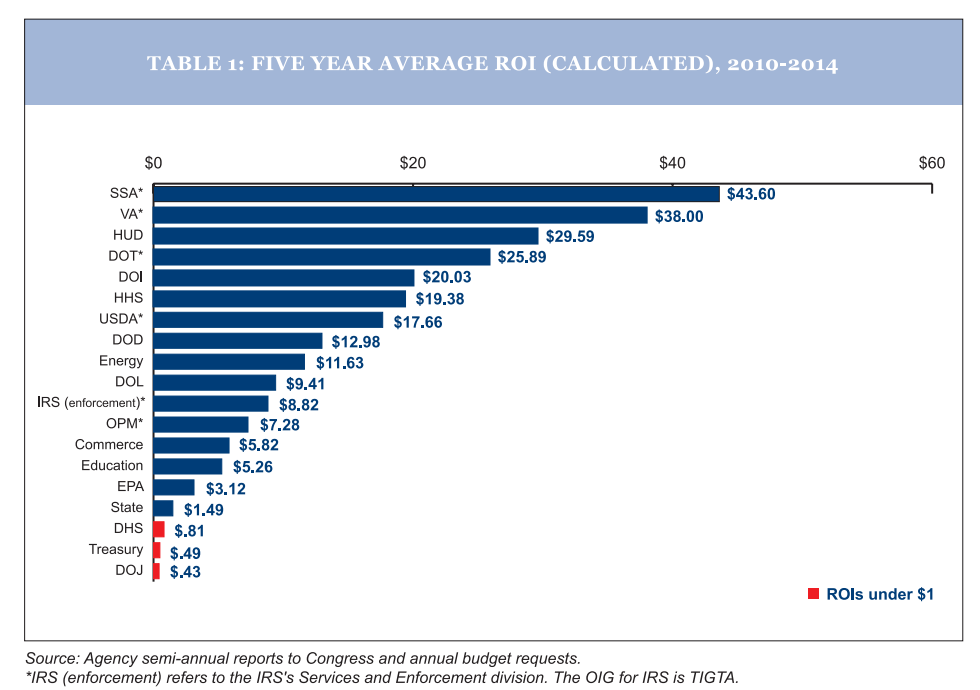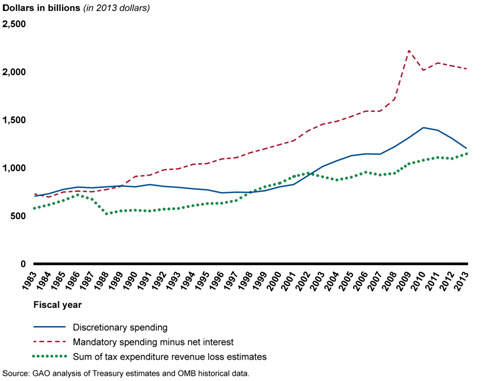In these polarized times we pay a lot of attention to the differences between Republicans and Democrats. However, there are other fissures in the political system that are almost as relevant—the differences between executives and legislators. Nothing illustrates this more than the existence of an informal group in the Senate known as “the Former Governors Caucus.” This group, composed of 10 former governors, 5 Democrats, 4 Republicans, and 1 Independent, naturally gravitate towards each other. Unlike the federal government, state governments can’t print their own money, so before they came to the Senate these public servants had to make decisions on balancing budgets while providing services. For them, government is more a series of common sense solutions than a series of ideological postures.
For the sake of the country let’s hope that they come to play a major role in the Senate. Two weeks ago, Senator Joe Manchin (D-WV) came to Brookings to lay out one of those non-ideological agendas that makes people say “Finally. Someone who wants to fix the government.” Here’s a quick summary:
- Revenue Positive Offices. Amazing as it may seem, there are actually parts of the federal government that bring in more money than they spend. The most important of these are offices of inspectors general which typically do investigative work rooting out waste, fraud, and abuse in the large entitlement programs. And yet when the government does across the board spending cuts, these offices get cut too. And so, by trying to save money the government actually loses money. So Senator Manchin would require the Government Accountability Office (GAO) to designate those offices that save more money than they spend. This designation would help keep these offices from the knife when the political process can’t come to a conclusion on what to cut and what to keep.

Tax Expenditures. In recent years the total dollar amount the U.S. government spends on tax expenditures has risen at an alarming rate, nearly eclipsing discretionary spending. And no wonder. Passing tax expenditures (or tax loopholes as most of the public knows them) is a great way to pass out favors to business and the public—without it looking as if a member of Congress is spending money. Senator Manchin’s legislation would include tax expenditures in budget materials in the same way that discretionary and mandatory spending are included in proposals that Congress reviews now. Including tax expenditures in such a way would help inform the public as to how its money is being spent.

Re-establish the Office of Technology Assessment. One of the biggest problems with an overly polarized Congress is its tendency to throw out the baby with the bath water. Senator Manchin’s third legislative proposal has a lot in common with his first one. In 1995 Congress abolished this small, non-partisan information office that provided Congress with cost-benefit analyses of regulations and regulatory changes—leaving the White House’s Office of Information and Regulatory Affairs as the only source for this information. Just as Congress decided decades ago that it needed its own budget office, today it needs its own system for regulatory oversight, which is why Senator Manchin will introduce legislation reinstating this office.
Senator Manchin has laid out three, non-ideological and commonsense steps towards the improvement of government. And to these he added a fourth—although in the form of a pledge, not legislation. He points out that it’s just not in human nature to ask a person to work with you on Monday when days before they were out there raising money to defeat them or in their state telling their constituents not to re-elect them. And so Manchin is pledging not to campaign or raise money against a sitting colleague. This is probably not going to make him very popular with congressional leaders but the idea is an intriguing one and the Senator needs to be congratulated for taking on the serious problem of polarization.
If the Former Governors Caucus can coalesce around the reform legislation above, they will be well on their way to playing a unique role in the Congress and to making Congress a positive force in government once again.



Commentary
Former Governors Caucus brings common sense solutions to the Senate
May 26, 2015